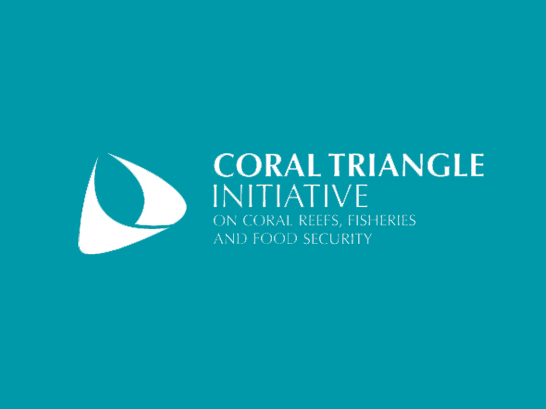Philippines
Lorem ipsum dolor sit amet, consectetur adipiscing elit. Nulla vitae sapien vitae velit laoreet feugiat.
























VIP PGENRO LoretaSollestre TRead_0
Nisi feugiat placerat, pellentesque vel rhoncus odio,sed hendrerit
Explore



VIP BSU CI Mentoring TRead
Nisi feugiat placerat, pellentesque vel rhoncus odio,sed hendrerit
Explore











Financial Priority: Designing Coastal and Marine- based Payment for Ecosystem Services (PES)
Nisi feugiat placerat, pellentesque vel rhoncus odio,sed hendrerit
Explore



Financial Priority: Designing Coastal and Marine- based Payment for Ecosystem Services (PES)
Nisi feugiat placerat, pellentesque vel rhoncus odio,sed hendrerit
Explore



Financial Priority: Designing Coastal and Marine- based Payment for Ecosystem Services (PES)
Nisi feugiat placerat, pellentesque vel rhoncus odio,sed hendrerit
Explore



Financial Priority: Designing Coastal and Marine- based Payment for Ecosystem Services (PES)
Nisi feugiat placerat, pellentesque vel rhoncus odio,sed hendrerit
Explore



National Plan of Action: Philippines
Nisi feugiat placerat, pellentesque vel rhoncus odio,sed hendrerit
Explore



National Plan of Action: Philippines
Nisi feugiat placerat, pellentesque vel rhoncus odio,sed hendrerit
Explore



National Plan of Action: Philippines
Nisi feugiat placerat, pellentesque vel rhoncus odio,sed hendrerit
Explore



FRWG & ConFin Training Phase 2, Manila - Philippines
Nisi feugiat placerat, pellentesque vel rhoncus odio,sed hendrerit
Explore



SOM 16 - Session 12 - Completion of the Term of The Deputy Executive Director for Program Services (DEDPS) and Update on the Recruitment and Selection of New DEDPS
Nisi feugiat placerat, pellentesque vel rhoncus odio,sed hendrerit
Explore



SOM 16 - Session 12 - Completion of the Term of The Deputy Executive Director for Program Services (DEDPS) and Update on the Recruitment and Selection of New DEDPS
Nisi feugiat placerat, pellentesque vel rhoncus odio,sed hendrerit
Explore








